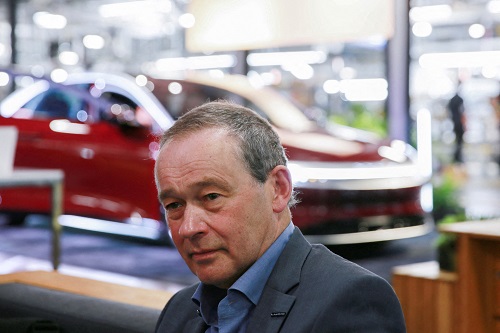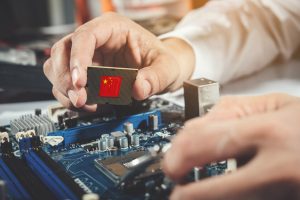Concerned about disruptions to chip supplies due to ongoing covid lockdowns in China, US-based electric vehicle maker Lucid Group CEO says the company is taking steps to diversify sourcing to mitigate the risk of more shortages of a key input.
“My biggest concern probably is semiconductors from China and the impact of COVID in that part of the world,” Lucid CEO Peter Rawlinson said at a conference held by the Financial Times.
Rawlins went on to explan that Lucid had already taken steps to diversify its chip supplies to reduce dependence on a single location as a source.
China’s zero covid policy has placed hundreds of millions of people across dozens of cities under various degrees of movement restrictions, most dramatically in Shanghai, causing significant economic damage in China and beyond.
ALSO SEE: WHO Chief Urges Beijing to Switch From Zero-Covid Strategy
Companies with factories in Shanghai hoping to resume production have been foiled by local authorities, who have tightened lockdown measures.
Tesla’s plant in Shanghai was running well below capacity earlier this week due to logistical and supply line issues.
- Reuters, with editing by Neal McGrath
























